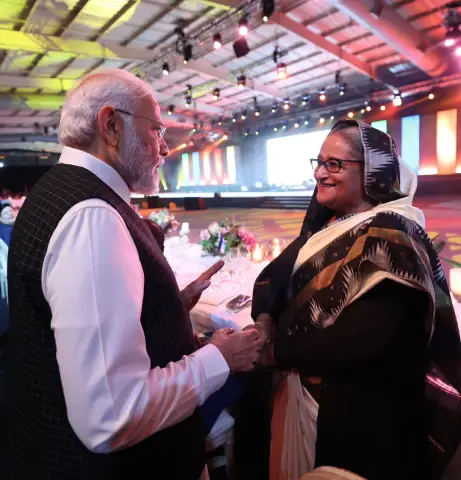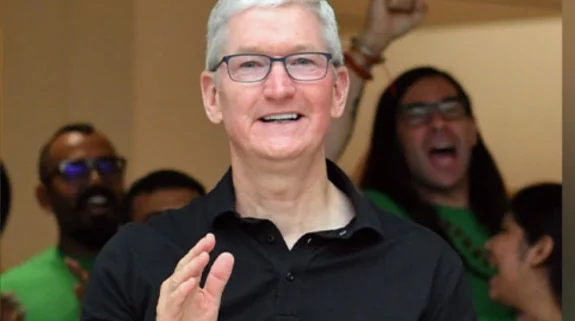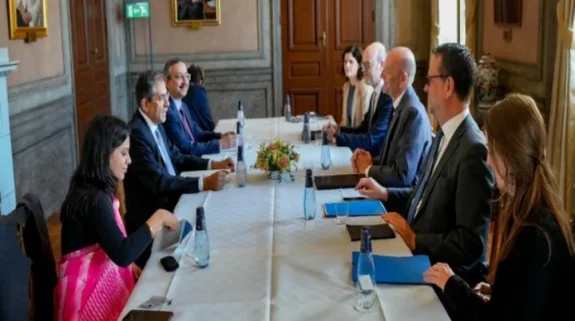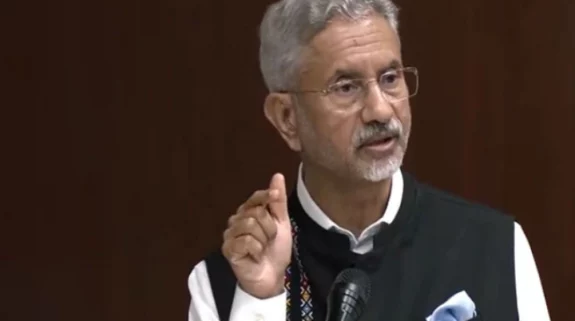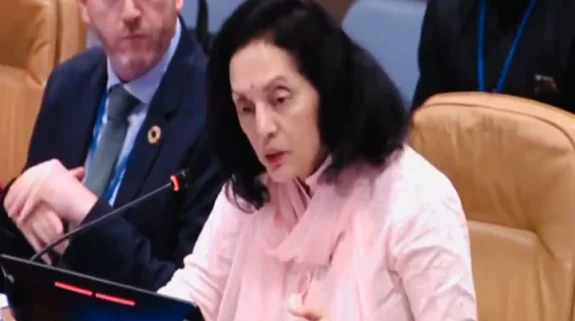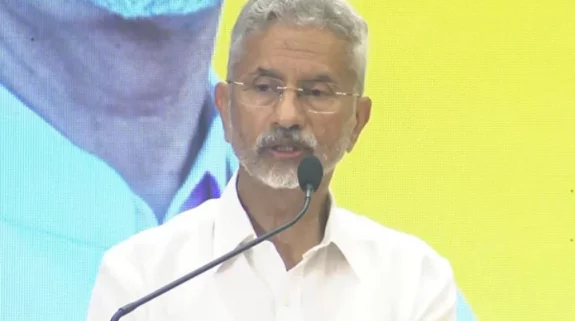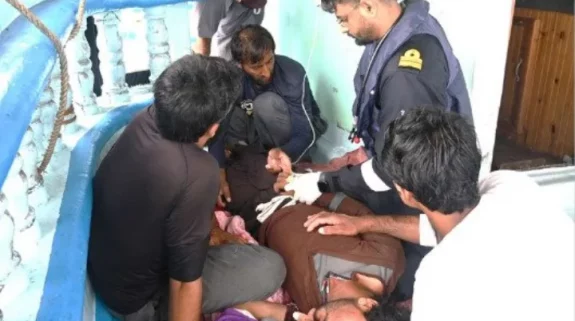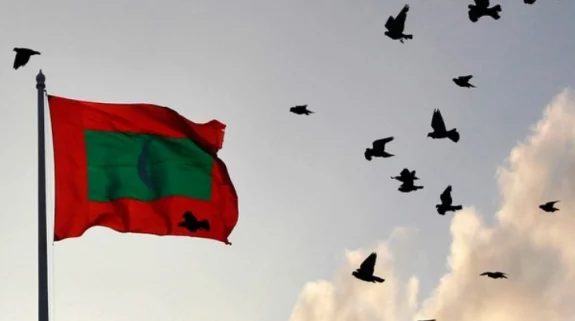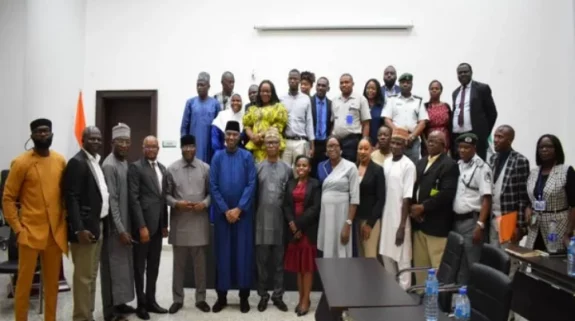Kathmandu: South Asia’s top leaders and stakeholders have hailed India’s success to land Chandrayaan-3 on the moon surface, becoming the first nation on the planet to land a spacecraft on the south pole of the moon.
Congratulating India for the feat, they termed the success historic and pride for the entire South Asia, routinely projected by the west as a land of poverty and deprivation.
Nepali Prime Minister Pushpa Kamal Dahal ‘Prachanda’ tweeted congratulating Prime Minister Narendra Modi and Indian Space Research Organisation (ISRO) team for this success.
I congratulate Prime Minister Shri Narendra Modi ji and ISRO team of India on successful landing of Chandrayan-3 in the surface of the moon today and unleashing of a historic achievement in science and space technology.
— ☭ Comrade Prachanda (@cmprachanda) August 23, 2023
He hailed the landing of the spacecraft on the moon as an unleashing of a historic achievement in science and space technology.
Bangladeshi Prime Minister Sheikh Hasina congratulated Prime Minister Modi for the Chandrayaan-3 success in person at the banquet dinner during the BRICS Summit in Johannesburg on Wednesday along with other world leaders.
Maldivian President Ibrahim Mohamed Solih congratulated Prime Minister Modi, ISRO and people of India for successful lunar landing. “As a fellow South Asian nation, we are proud of this historic feat, an achievement that will advance the cause of scientific and human progress,” he wrote on twitter.
Congratulations to PM @narendramodi, @isro and the people of India for the successful lunar landing of #Chandrayaan3. As a fellow South Asian nation, we are proud of this historic feat- an achievement that will advance the cause of scientific and human progress.
— Ibrahim Mohamed Solih (@ibusolih) August 23, 2023
Bhutanese Prime Minister Lotay Tshering is another South Asian leader to congratulate India for the scientific achievement made by the world’s most populous country. “We rejoice with you in the successful landing of the auspicious Chandrayaan-3. Like you all, we said our prayers and held breath with as much nervousness and excitement, because we know this is not just about India,” he said.
Congratulations @narendramodi & India! We rejoice with you in the successful landing of the auspicious Chandrayaan-3. Like you all, we said our prayers & held breath with as much nervousness and excitement, because we know this is not just about India. https://t.co/dp26nvgvui
— PM Bhutan (@PMBhutan) August 23, 2023
Sri Lankan Prime Minister Dinesh Gunawardena also joined in the bandwagon to congratulate India for Chandrayaan-3 success.
Congratulations India!!!
for the successful landing of Chandrayan-3 with Vikram moonlander on south pole of the Moon. this is a historic occassion not only for India, but to the entire world! pic.twitter.com/0tcIFm5pyU— Dinesh Gunawardena 🇱🇰 (@DCRGunawardena) August 23, 2023
In response, Prime Minister Modi expressed gratitude for congratulatory messages coming from South Asians along with other world leaders.
Nepali stakeholders in the physical sciences and astronomy said that India’s success in the lunar mission helped enhance the dignity of all the South Asians in the world.
“This success of India is sure to help change image of South Asians whose capability are doubted in the field of science and technology in the world stage,” Suresh Bhattarai, director of Nepal Astronomical Society, a non-government organisation representing the professionals and students in the field of astronomy, told India Narrative. “Western societies still consider South Asians as backward people and don’t believe in their capability and this success will help open up their long held mindset towards India and South Asian people.”
Nepal is however far behind in space science even though neighbouring India and China have achieved historic feats in space missions in recent years.
“As a fellow South Asian nation, Nepal can also get many opportunities to learn from ISRO through collaboration and scientific exchanges,” Bhattrai who is also a PhD Scholar at Insititute of Science and Technology, Tribhuvan University, Nepal.
Nilam Shrestha Pradhan, president of Nepal Physical Society, a non-government organisation representing the Nepali physicists, described the landing of Chandrayaan-2 on the moon as a groundbreaking success.
She said that landing of the spacecraft on the South pole was even more important given that India’s first moon mission—Chandrayaan-1 had found traces of frozen water during the intended crash landing in 2008.
On 14 November 2008, the Moon Impact Probe (MIP) on-board the Chandrayaan-1 orbiter separated from it and struck the lunar south pole. The impact was controlled and the probe hit the designated spot.
During its 25-minute descent, the probe’s Chandra’s Altitudinal Composition Explorer (CHACE) recorded evidence of water from spectral readings.
“Successful soft landing of Indian spacecraft on South Pole will open the door for many research activities and help to understand whether human beings can live there at least for space research in the future,” Shrestha told the India Narrative.
Also Read: PM Modi thanks world leaders, Global South for messages congratulating India’s historic moon landing






